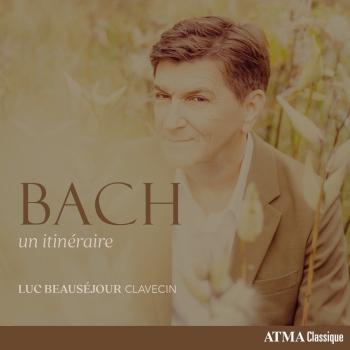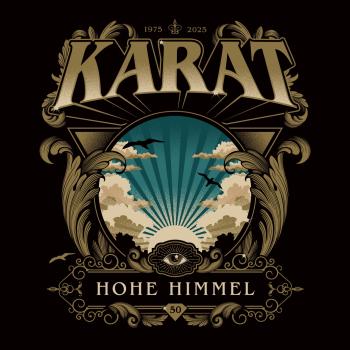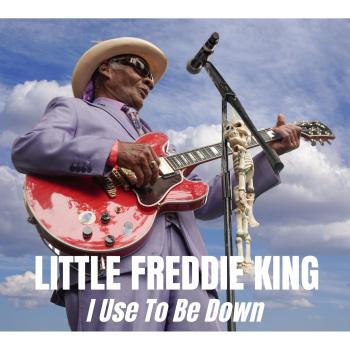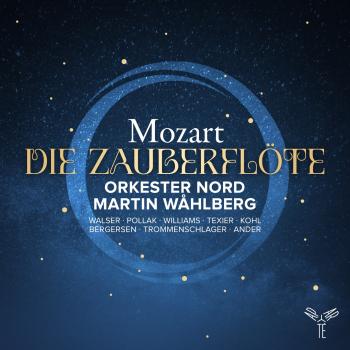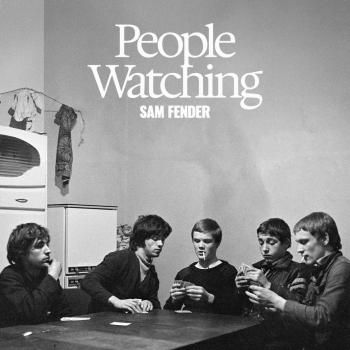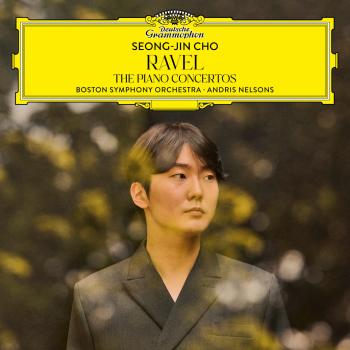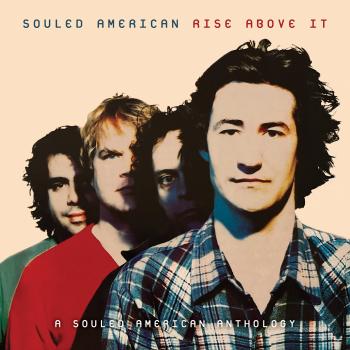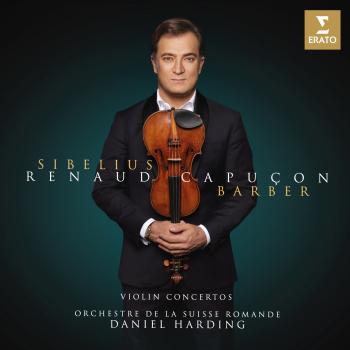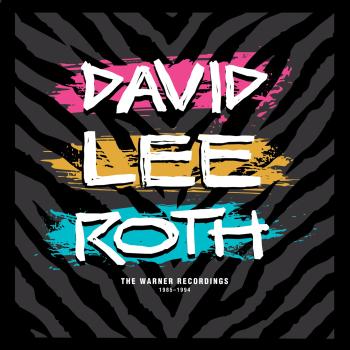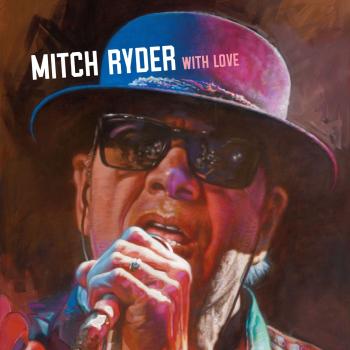
Monteverdi: In San Marco Odhecaton & Paolo Da Col
Album info
Album-Release:
2018
HRA-Release:
27.04.2018
Label: Arcana
Genre: Classical
Subgenre: Vocal
Artist: Odhecaton & Paolo Da Col
Composer: Claudio Monteverdi (1567-1643)
Album including Album cover
- Claudio Monteverdi (1567-1643): Messa a quattro voci da cappella, SV 190:
- 1 I. Kyrie 04:33
- 2 II. Gloria 04:46
- 3 III. Credo 06:36
- 4 IV. Sanctus 02:44
- 5 V. Benedictus 01:41
- 6 VI. Agnus Dei 06:15
- Gloria a 7 voci concertata con due violini & quattro viole da brazzo overo 4 tromboni, SV 258:
- 7 Gloria a 7 voci concertata con due violini & quattro viole da brazzo overo 4 tromboni, SV 258 13:31
- Biagio Marini (1594-1663):
- 8 Sinfonia 01:40
- Claudio Monteverdi:
- 9 Pianto della Madonna a voce sola sopra al Lamento d’Arianna, SV 288 07:41
- 10 Lætaniæ della Beata Vergine a sei voci, SV 204 11:10
Info for Monteverdi: In San Marco
Following their album largely devoted to sacred polyphonic works composed for the basilica of Santa Barbara during the period in which Claudio Monteverdi worked for the Gonzagas in Mantua, Odhecaton now presents sacred compositions from the composers later years, written for St Marks basilica where he became maestro di cappella in 1613. This new recording presents both sides of Monteverdis sacred style: the stile antico or strict contrapuntal style, exemplified in the Mass for four voices published posthumously in 1650; and the stile moderno, that is, concertato and solo vocal writing. The concertato style, which combines and intertwines voices and instruments in dialogue, characterizes the monumental Gloria a 7, which was conceived for a cappella rich in virtuoso singers and instrumentalists. But in this city of theaters, in the heyday of the canto a voce sola, Monteverdi transformed the famous Lamento dArianna (from his lost opera Arianna) into a sacred piece. The Litanies to the Virgin Mary, published in three collections between 1620 and 1650, represent the expression of a gentle Marian style, dominated by a cappella choral invocations alternating with brief solo passages.
Odhecaton
Paolo Da Col, conductor
Odhecaton
The Italian vocal ensemble Odhecaton (pronounced Oh-DE-kah-tohn) owes its name to the first printed book of polyphony, published in 1501 by Ottaviano Petrucci in Venice, Italy: ‘Harmonice Musices Odhecaton’. The word Odhecaton is derived from the Greek words: odè (meaning ‘song’) and ècaton (meaning ‘100’). Harmonice Musices Odhecaton was a collection of some 100 songs.
The name was chosen for the Italian vocal ensemble largely because of its core repertoire, which encompassed the work of French and Flemish composers during the Italian musical renaissance of the 15th century, notably Jacob Obrecht, Josquin Desprez, and Loyset Compère. Since the group’s debut in 1998, the repertoire has grown to include early and contemporary works by a large spectrum of composers.
Directed by Paolo Da Col, Odhecaton brings together some of the best Italian male voices specialized in the performance of Renaissance and baroque music.
The ensemble has made recordings dedicated to the music of Gombert, Isaac, Josquin, Peñalosa and Compère, and has helped rediscover the repertoire of 17th-century Spanish and Portuguese composers active in the Canary Islands. These programmes have led to appearances in Europe's leading festivals, and won them important recognition in the world of recording: 'Diapason d’or de l’année', '5 diapasons','Choc' (Le Monde de la Musique), 'Disco del mese' (Amadeus and CD Classics), and 'Cd of the Year' (Goldberg).
Beyond its central repertoire, Odhecaton has also presented a semi-staged production of Orazio Vecchi’s Amfiparnaso (directed by Enrico Bonavera, with scenery by Lele Luzzatti), and a production of sacred music by Gesualde da Venosa. From 2008 forward, Odhecaton paid particular attention to the music of Palestrina, and recently released a recording of Roland de Lassus. The group also works occasionally with instrumentalists specialized in their repertoire, including Bruce Dickey and Concerto Palatino, Gabriele Cassone, Liuwe Tamminga, Paolo Pandolfo, Jakob Lindberg, La Reverdie, and Andrea De Carlo with Ensemble Mare Nostrum.
Paolo Da Col
completed his musical training at the Conservatorio of Bologna and his musicological studies at the Università Ca’ Foscari of Venice and the Centre d’Études Supérieures de la Renaissance of Tours. From a very early age he has devoted his attention to the Renaissance and preclassical polyphonic repertoire, constantly combining the demands of research and performance.
He has been the director of the journal L’Organo (together with Luigi Ferdinando Tagliavini) and of the music catalogue of the Forni publishing house of Bologna.
He has worked as a music critic, edited publications of instrumental and vocal music, and authored catalogues of musical collections and studies on the history of vocal music. He is presently librarian of the Conservatorio of Venice.
This album contains no booklet.

